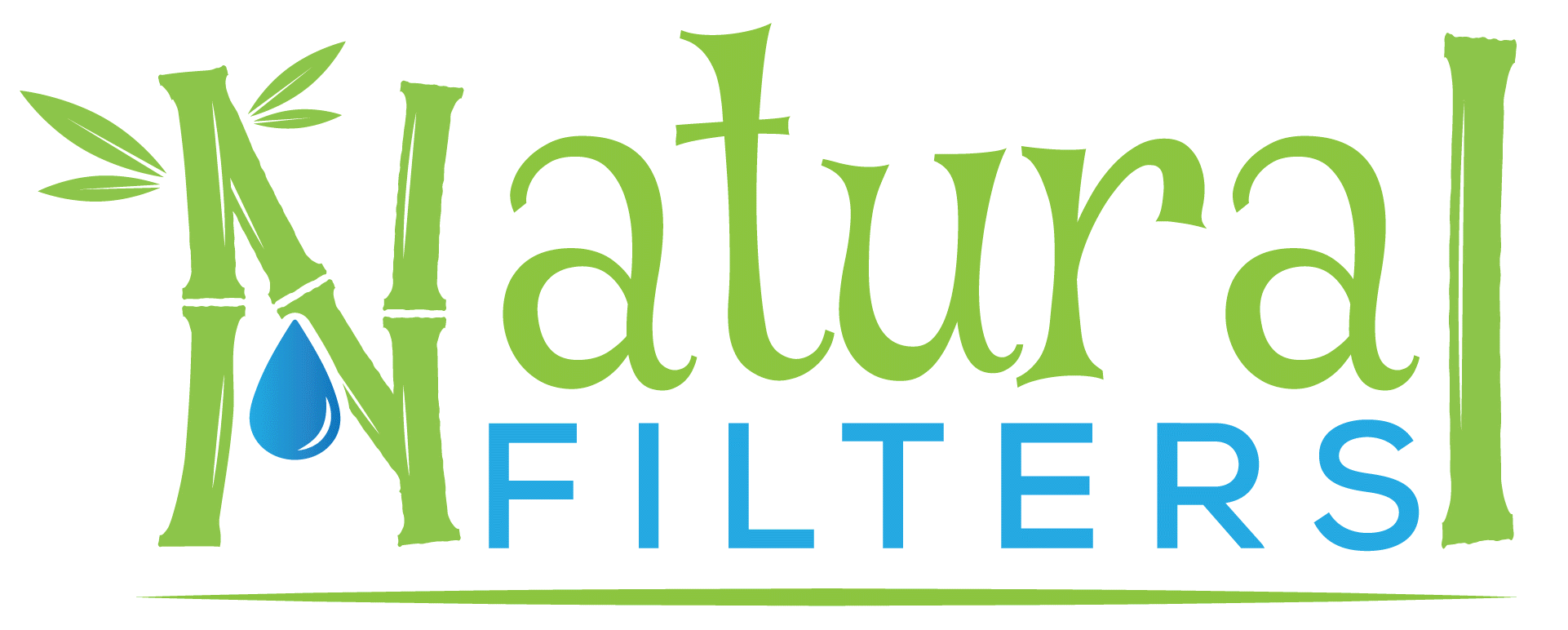They have become so integrated in our day to day activities from the office to the gym or even as a standard accompaniment to our lunches, but have you ever actually taken a minute to think about how these plastic bottles became so integral to our daily routines and how did we manage to hydrate ourselves prior to their existence?
Looking back through old photographs you'll notice something fascinating – no one is holding a plastic water bottle. Yet, you'll find countless images of people coming together around wells, rivers, and communal water sources. Water was not just a necessity; it was a communal experience.
Let's take a quick journey back in time to explore these questions and rediscover the basics of hydration with the help of bottle water filters.
A Time Before Plastic Water Bottles
If you were to take a look back through the pages of history, you'd find that plastic water bottles are a relatively recent addition to our lives. In fact, the widespread use of single-use plastic bottles wasn’t introduced until the latter half of the 20th century. Before that, our ancestors relied on ingenious methods to stay hydrated (you know, like using a glass).
Records of the Holy Well bottling plant show that in the 1620’s they were bottling and selling mineral spring water to their patrons. As early as the mid 18th century, bottled spring water was sold to the wealthy who frequented springs for health benefits.
It wasn’t until 1973 that the first plastic bottles that could sustain holding carbonated contents were patented. This invention led to mineral water being mass produced originally as a drink mixer. An opening in the market was discovered and with some consistent mass marketing it ultimately led to spring water being bottled and marketed. This saw a steady increase in popularity throughout the late 70’s and over the following decades, with still bottled water overtaking sparkling water in popularity.
From a marketing perspective it’s an outstanding result considering people once laughed at the proposition of purchasing bottled water. Now it’s 2023, the tables are turning once again and society is now looking for reusable environmentally friendly options.
Did We Just Not Consume Water?
The importance of water has long been understood. Water was sourced from lakes, creeks and rivers. Settlements were based around water sources and in Ancient Rome, they even developed intricate plumbing which allowed the delivery of water to homes.
The idea that humans didn't consume water before plastic bottles is, of course, a misconception. We have always understood the importance of water for our survival although the understanding of safe, clean drinking water was extremely different then from the knowledge that we have today.
Going Back to Basics with Bamboo Charcoal Water Filters
Are you ready to go back to basics? Or do you want to be more conscious of the day to day impact you have on the environment?
This is where bottle water filters come into play. Natural Filters offers a different sustainable solution: bamboo charcoal water filters that not only deliver clean and safe water but also makes the water taste amazing as well. Use these filters combined with a reusable water bottle and you will be making a step toward reducing the mammoth plastic we as a society use every single day.
These filters are designed to mimic the natural filtration process that occurs in bamboo forests. Bamboo charcoal's porous structure traps impurities, chemicals, and contaminants, which then leaves you with water that is not only crystal clear but also deliciously refreshing. It's a return to the basics, a reminder that nature itself provides the means for you to enjoy clean purified water.
Clean, Fresh, and Hydrating
Have you ever left your plastic water bottle in the car in the heat and tried to drink it afterwards? That taste is just offensive and your water has a high probability of now being contaminated by the plastic - which we know isn’t good for us at all! That’s because if temperature or heat increase if the plastic is non BPA free then the chemicals can actually seep into the water.
Avoid this issue by using a reusable bottle made with glass or stainless steel (which both are BPA free) coupled with one of our filters and you won’t ever encounter this issue again. Fresh, clean and hydrated each and every time (PSA: It tastes so good you might find yourself drinking more water than expected).
Bottle Water Filters: Perfect for Reusable Bottles
The effects of our actions as a society has been in the forefront of people's minds. One of the ways people are trying to carry out their day to day living in a sustainable practice is by reducing their plastic use. In turn, the use of reusable bottles has skyrocketed with popularity. Bottle water filters are the perfect complement to these eco-friendly containers. You can enjoy the benefits of filtered bamboo charcoal water wherever you go, without contributing to the plastic waste problem. It's a small change that makes a big impact on the environment.
Rediscovering the Essence of Hydration
Plastic water bottles may have become an integral part of our lives, but they are not the essence of hydration. We've always known the importance of water, and history is a testament to our ingenuity in accessing and appreciating this life-giving resource.
With bottle water filters from Natural Filters, we have the opportunity to revisit our roots and embrace a more natural and sustainable approach to hydration. It's not just about clean water; it's about reconnecting with the essence of life itself. So, as you sip from your reusable bottle filled with the pure goodness of bamboo charcoal-filtered water, remember that you're not just hydrating your body; you're also contributing to a greener, healthier future.

